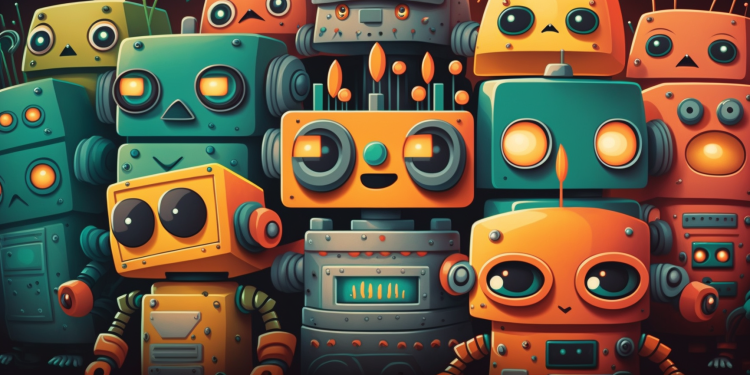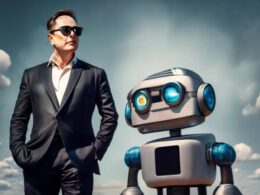AI’s Impact on Workforce: Boosting Productivity and Cautionary Concerns
The Productivity Gains of AI in Knowledge Work
Recent research has revealed the potential productivity gains that can be achieved by incorporating ChatGPT and other chatbots into knowledge work. A study conducted by Wharton Business School Professor Ethan Mollick, alongside social scientists and consultants at the Boston Consulting Group (BCG), utilized generative AI to determine the impact of the tool on output. According to Mollick, consultants using ChatGPT-4 outperformed those who did not, with an average completion of 12.2% more tasks, 25.1% faster task completion, and 40% higher quality results. This experiment involved assigning consultants both with and without AI the same range of tasks, and the results consistently favored those with AI access. Notably, the consultants who initially struggled the most experienced the greatest improvement, suggesting that AI can level the playing field by elevating lower performers closer to the level of top performers.
The Skill-Leveling Effect and Potential Workforce Implications
The study conducted by Stanford and MIT researchers further reinforces the findings, stating that customer service agents augmented with AI were 14% more productive on average, with the least-skilled workers benefiting the most. However, highly skilled workers saw minimal benefits from AI integration. These results have significant implications for the workforce. Companies may discover that they can achieve more with the same number of employees, leading to increased revenues. Additionally, AI can free up highly skilled workers to focus on specialized tasks that AI cannot perform, resulting in a workforce with a broader range of skills. However, the introduction of AI into the workplace may also set higher performance expectations, potentially leading to stress or job dissatisfaction for some employees. Furthermore, it could result in downsizing in certain areas.
“AI at Work” – An in-depth report by job placement firm Indeed
Indeed’s report, “AI at Work,” examines job listings and skills to assess the impact of AI on various jobs. According to the report, nearly 20% of jobs are considered highly exposed to AI, meaning that AI can perform 80% or more of the skills required for those positions. Another 45% of job listings are moderately exposed, indicating that AI can do between 50% and less than 80% of the required skills. This analysis emphasizes that AI can assist in performing various work tasks and improve productivity. However, the question remains whether AI can handle more complex tasks beyond simple assignments, such as providing feedback from a board of directors.
Section School’s experiment on AI chatbots’ analytical abilities
Section School, a company providing education about the best use of AI in business, ran an experiment to evaluate chatbots’ analytical capabilities. They tested whether a chatbot could effectively provide feedback on a board slide deck. The results showed that one of the AI chatbots, Claude from Anthropic, was almost as good as a human board in understanding the macroeconomic environment and providing insightful implications. This indicates that AI advisors could potentially augment or partially replace human experts in evaluating complex decisions, strategies, and plans.
Cautionary Concerns: Dependency and Deskilling
It is essential to consider the potential risks associated with the increasing integration of AI into the workforce. A study focusing on job recruiters found that those who relied on high-quality AI became lazy, careless, and less skilled in their own judgment. As AI quality improves, humans may become less engaged, allowing AI to substitute their performance instead of augmenting it. This could lead to overdependency, where humans rely heavily on AI and fail to exercise their own judgment. Similar concerns were observed with the use of smartphones, where the intellect weakened as individuals became dependent on phone technology. The same could be said for any information technology that provides content tailored to individual needs and takes away the need for independent learning or discovery. This raises concerns that AI could create a dependency that weakens human intellect.
Maximizing AI’s Benefits while Preserving Human Skills
While AI’s impact on productivity is evident, organizations must proceed with caution. Companies should leverage AI’s strengths to enhance productivity without compromising human capabilities. The optimal division of labor between humans and AI is crucial to maximize human engagement and leverage the unique strengths of each. Striking this balance will ensure that AI becomes a valuable tool rather than a replacement for human skills and judgment.










